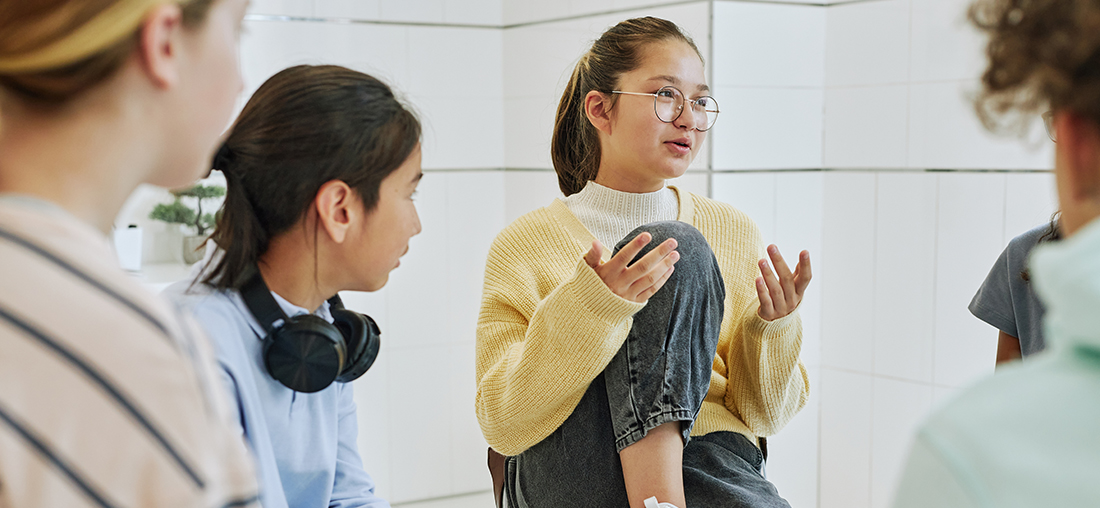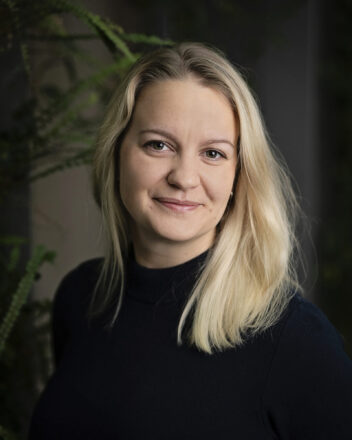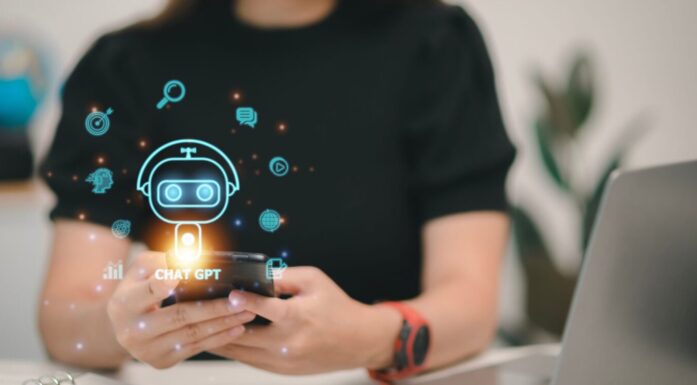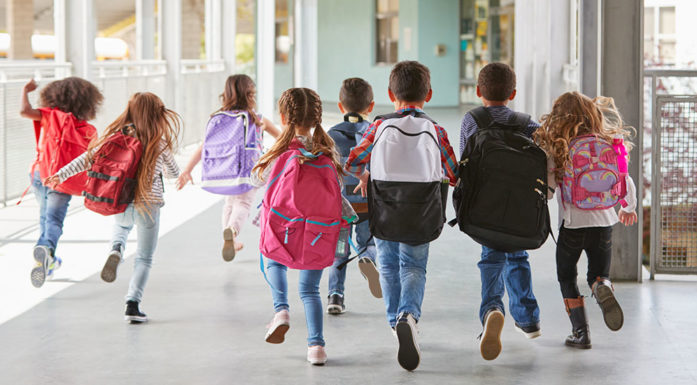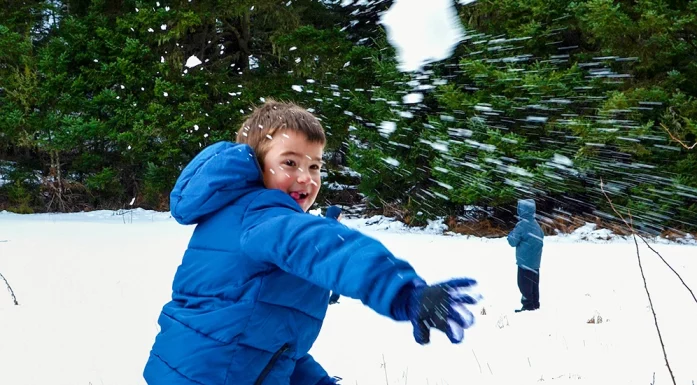Disagreements between pupils lead to better democracy
Teachers should encourage more debate in the classroom. Practicing discussions can help pupils to master situations where they disagree.
The young people of today will become adults in a society and world with an increasing degree of unrest and conflict. The news situation is characterized by extremes, violent actions and conflicts that can scare away positive discussion and diversity of opinion.
Woke and cancel culture also make it intimidating for young people to speak their minds. (Today, woke refers to being “politically correct”. Cancel culture means that someone is excluded from public debate based on their attitudes or statements).
“The risk associated with woke and cancel culture is that we end up with a debate culture that many people are reluctant to participate in. This is a challenge to democracy considering that democracy is based on active societal participation and freedom of expression. In a way, it results in a smaller democracy,” says Kjersti E. Dahl. She is a researcher at the Department of Teacher Education at NTNU.
Dahl is part of a research group that is behind a study on democracy and citizenship. The study involved 6271 year nine subjects from 148 schools in Norway (the ICCS Study).
The research sheds light on how classroom culture and socioeconomic background influence young people’s participation in political discussions. There has previously been limited research into this subject.
Debates important to democracy
One of the prerequisites for a well-functioning democracy is that we accept disagreement. That means accepting that others have different opinions to us, that we all have an equal right to participate and that we dare to express our own opinions because we consider it safe. This is how we can influence society.
Some people refrain from participating because disagreements are perceived as unpleasant or because they are afraid to lose friends due to their political views.
The young people of today will eventually find themselves in situations in which they have to be accountable for their opinions or argue in favour of what they believe in. Perhaps as part of a minority or even alone.
“Expressing your own opinions is crucial to being able to have an influence, not only politically but also in smaller communities such as in the workplace, organizations or at school,” Dahl says.
If they dare to speak up as children, they will dare as adults
Dahl emphasizes the fact that debates in which there is room for many different perspectives are essential to a well-functioning democracy. It is therefore important that young people learn to manage disagreements and to express their own opinions even if the goal is not to reach an agreement.
There are several factors at play when it comes to whether or not we participate in a political discussion. Some people refrain from participating because disagreements are perceived as unpleasant or because they are afraid to lose friends due to their political views.
Others might not want to participate in the discussion because they feel they do not know enough about the topic and are afraid of appearing ignorant.
“If young people do not develop faith in being able to express their own opinions or manage situations involving disagreements, one potential consequence is that they will refrain from participating in discussions or discuss only with others who share their opinions,” Dahl adds.
She notes that if young people have a negative view of participating in political discussions, the uncertainty and desire to avoid discussions may follow them into adulthood.
Previous research in the field shows that participating in political discussions increases our tolerance for conflicts and disagreements. This is precisely why young people need to have experiences that prepare them and give them faith in their ability to engage in discussions in future.
- You might also like: Grades should not be introduced too early
The classroom as a practice venue
Dahl’s research shows that the teacher has an important role to play and can contribute to students developing faith in their own ability to participate in political discussions. Pupils can practice situations of disagreement in the classroom.
They can experience discussions in which it is difficult or impossible to reach an agreement or even that reaching an agreement does not always have to be the goal.
“We would love to educate pupils who are able to stand up and fight for what they believe in, but this is contingent upon us helping ensure that they have faith in being able to do so,” Dahl says.
Dahl notes that it is about being able to stand up for your opinions. Learning about democracy therefore also has to involve learning to disagree.
Facilitating disagreement
Dahl believes that political participation starts in the classroom. Pupils will be able to meet fellow pupils with different backgrounds, different perspectives and different opinions. Young people will learn how to participate in political discussions in a safe setting.
Pupils need to have faith in themselves and to stand up for their own opinions. They need to learn to tolerate different views and perspectives, learn how to argue in favour of a view and that it is OK to change your mind.
“School provides excellent opportunities for giving pupils positive experiences of disagreement. My study shows that focusing on the debate culture in the classroom and facilitating political disagreements are important elements in making pupils comfortable with disagreement and discussions,” Dahl says.
In this way, pupils will develop faith in their own abilities. This will also have a positive impact on their interest in politics and how often they discuss politics with friends and family.
Dahl’s findings also show that pupils who perceived the classroom culture as open had more faith in their own ability to participate in discussions compared to those who perceived the classroom culture to be less open.
“If the teacher is uncomfortable managing discussions in the class, this could indicate that political disagreements should be avoided. Teachers also need to be aware that different pupils can have different experiences of the same classroom culture,” Dahl says.
- Read more: Some of the largest investments in the Norwegian school system are not evaluated
Political interest leads to better ability to manage
It is important to Dahl that young people get the opportunity to develop faith in having the abilities it takes to manage political discussions. They need to be able to feel that they possess valuable knowledge and the qualities required to create convincing arguments and understand different perspectives. As with other challenges, people will refrain from participating if they do not feel that they have the necessary skills.
If people have faith in their own abilities, any potential obstacles will seem more surmountable. If the opposite is the case, people will be more likely to give up.
The research also shows that the young people with the greatest interest in politics have more faith in their own abilities to participate in political discussions or conflicts.
“It is a very positive sign when young people start showing an interest in politics and social subjects. “By regularly talking to children about politics, parents can also help young people feel more comfortable when it comes to disagreements,” Dahl says.
In this way, both school and home can play important roles in helping young people practice disagreeing.
About the study
The international ICCS study measures lower secondary school pupils’ knowledge and understanding of democracy and citizenship. The pupils in the Norwegian study show high levels of democratic understanding compared to other countries.
Dahl’s data has been taken from the Norwegian part of the 2016 ICCS study. ICCS stands for International Civic and Citizenship Education Study and consists of both quantitative and qualitative studies. The Norwegian data consists of responses from 6271 year nine subjects (14-year olds) from 148 schools.
Norway participated in ICCS for the first time in 2009. The project group that Dahl is part of is currently working on the data that was collected in 2022. The work on this data is scheduled for completion in 2024.
Reference: Dahl, K. E. (2022). It’s Time to Disagree: Young People’s Self-efficacy for Political Disagreement in Norway. Democracy and Education. 2022, 30(1).
